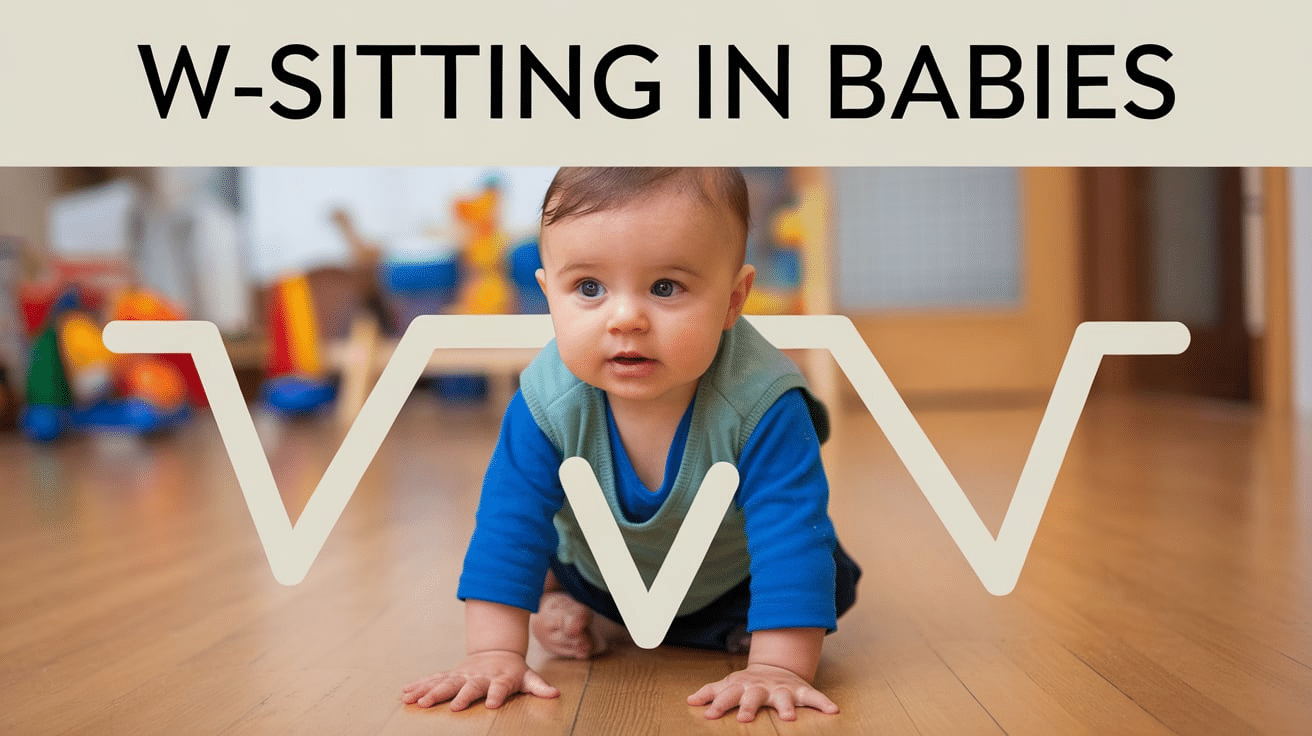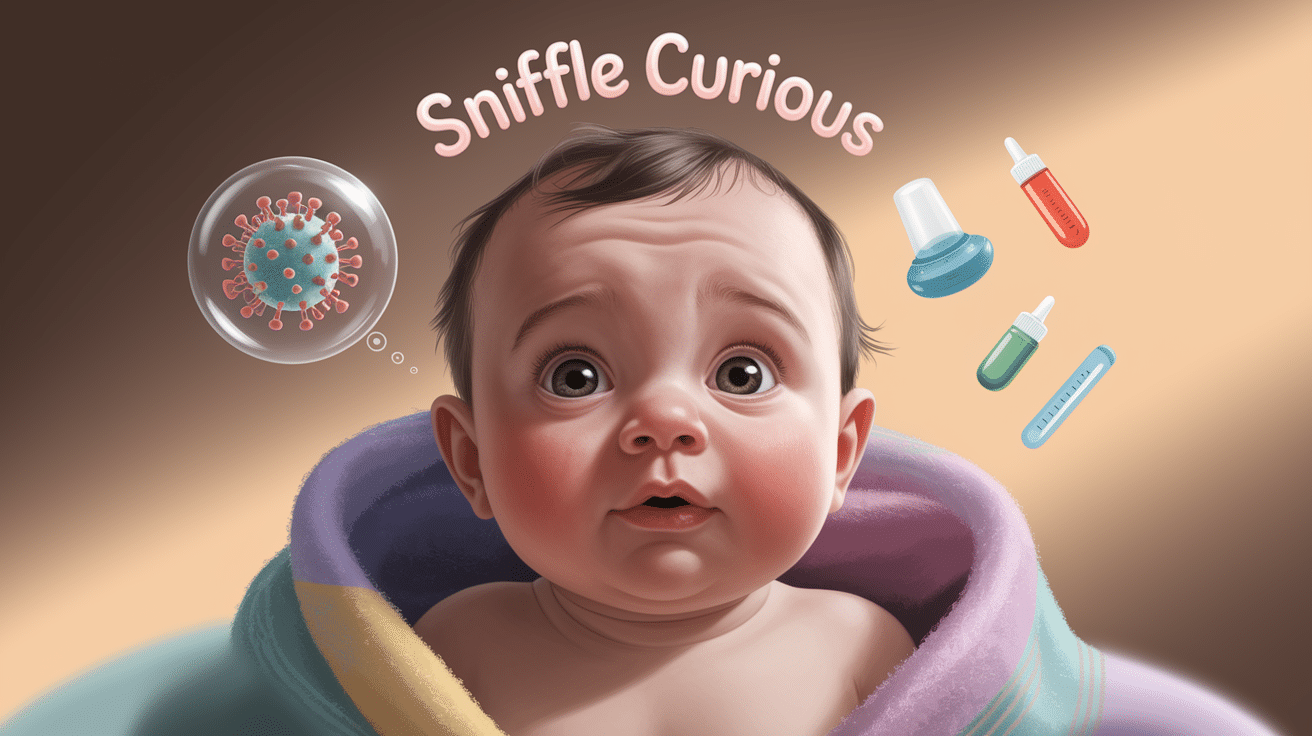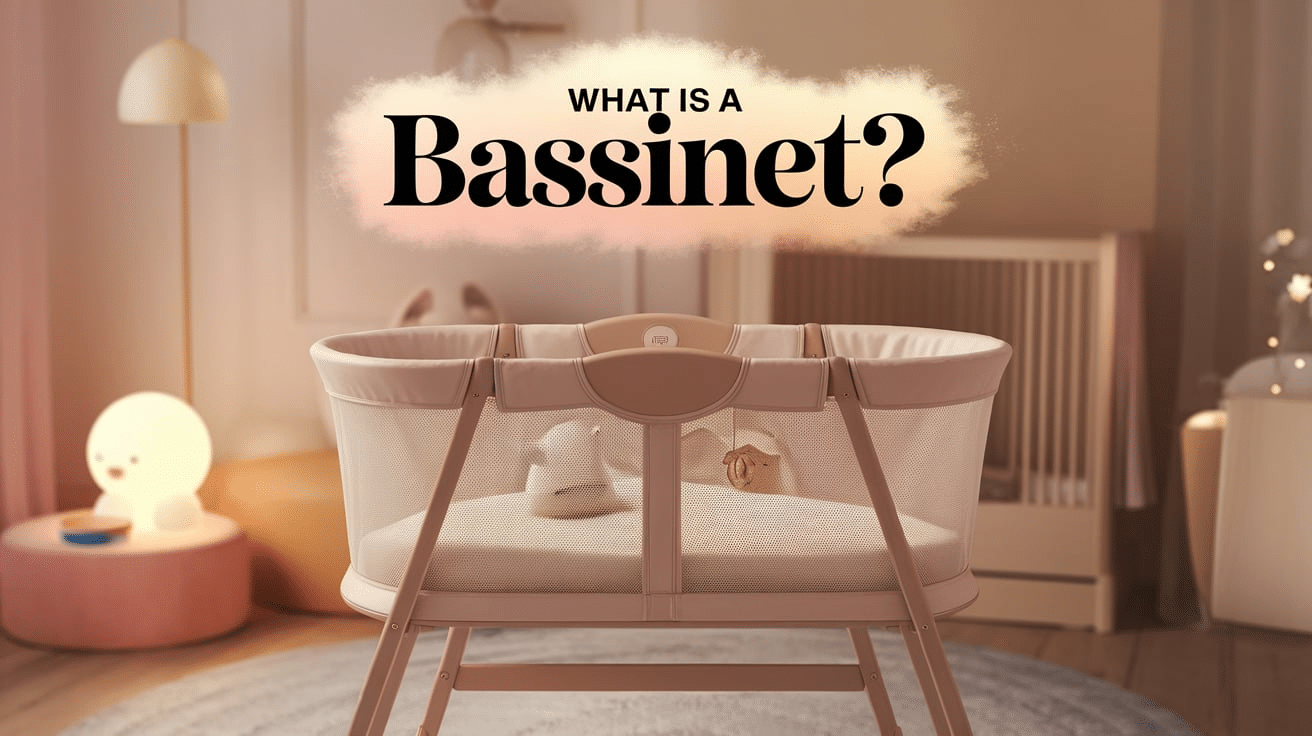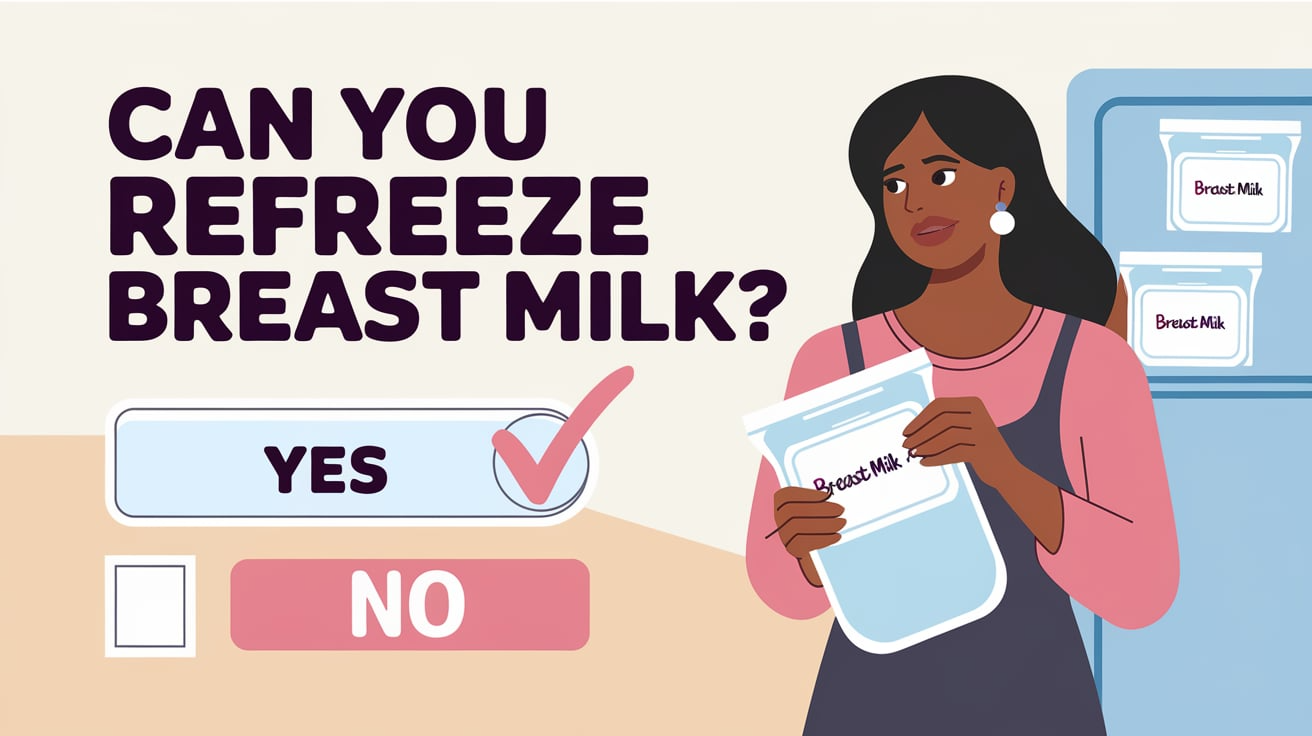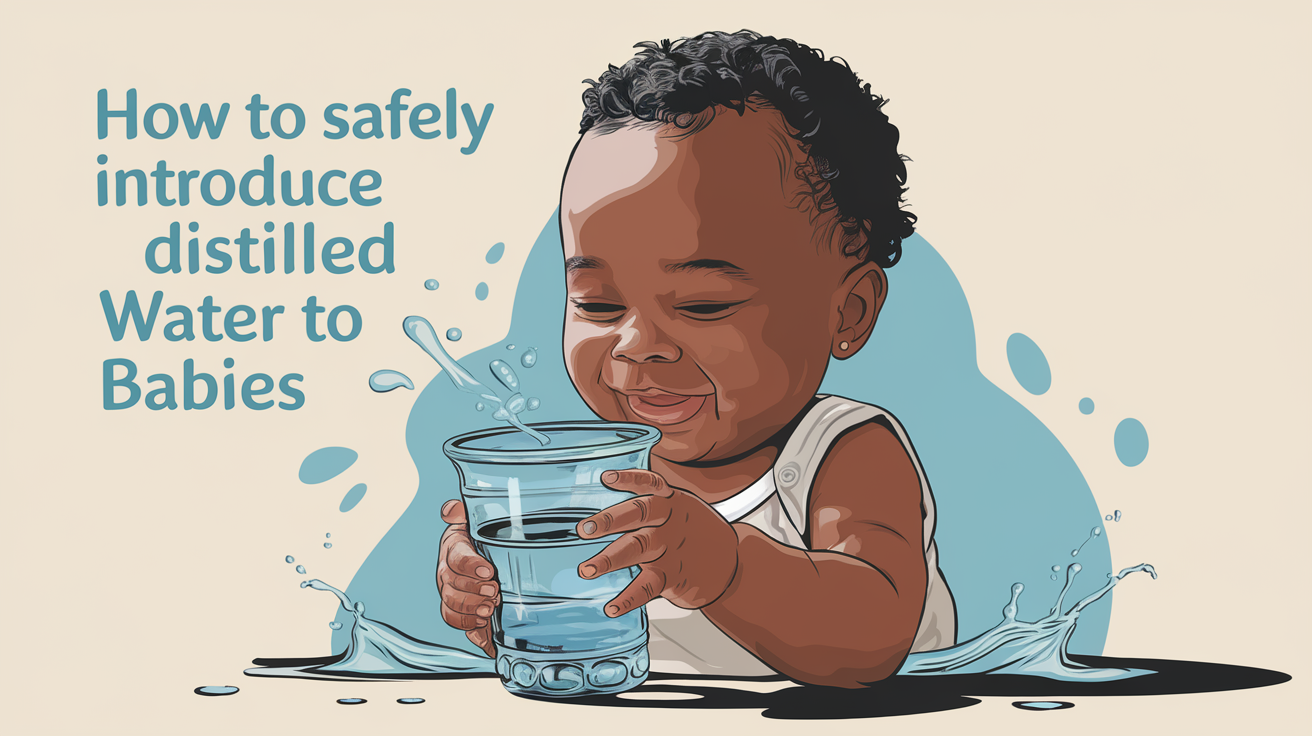
As a new parent, you constantly question whether everyday items are safe for your baby—and water is no exception.
Many parents wonder if distilled water is appropriate for their little ones, especially when preparing formula or introducing water as a beverage. Water quality directly impacts your baby’s health, making this a crucial topic to understand.
This guide aims to clarify the misconceptions surrounding distilled water for babies and provide evidence-based guidance on safely introducing water into your infant’s diet.
Understanding Distilled Water
Distilled water is pure H2O created through the distillation process, removing minerals and impurities. While excellent for certain applications, it lacks the beneficial minerals found in natural water sources.
What Is Distilled Water?
Distilled water is produced through a purification process that involves boiling the water to create steam and then condensing that steam back into a liquid.
This process effectively removes nearly all impurities, contaminants, and dissolved solids, including minerals and chemicals. As a result, distilled water is recognized as one of the purest forms of water available.
The Distillation Process Explained
During distillation, water is heated until it reaches its boiling point, causing it to evaporate. The evaporation process leaves behind non-volatile contaminants—such as salts, heavy metals, and organic compounds—that do not vaporize with the water.
The steam is then captured and cooled in a condenser, turning it back into liquid form. This re-condensed water is devoid of most impurities, making it exceptionally clean and free of dissolved substances.
How Is Distilled Water Made?
The distillation process involves:
- Boiling: Water is heated to its boiling point, creating steam
- Condensing: The steam rises, leaving behind impurities and minerals
- Collection: The steam cools and condenses back into liquid water
- Purification: The resulting water is free from most contaminants
Home distillation systems are available, though most parents opt for commercially distilled water for convenience and reliability.
Benefits of Distilled Water
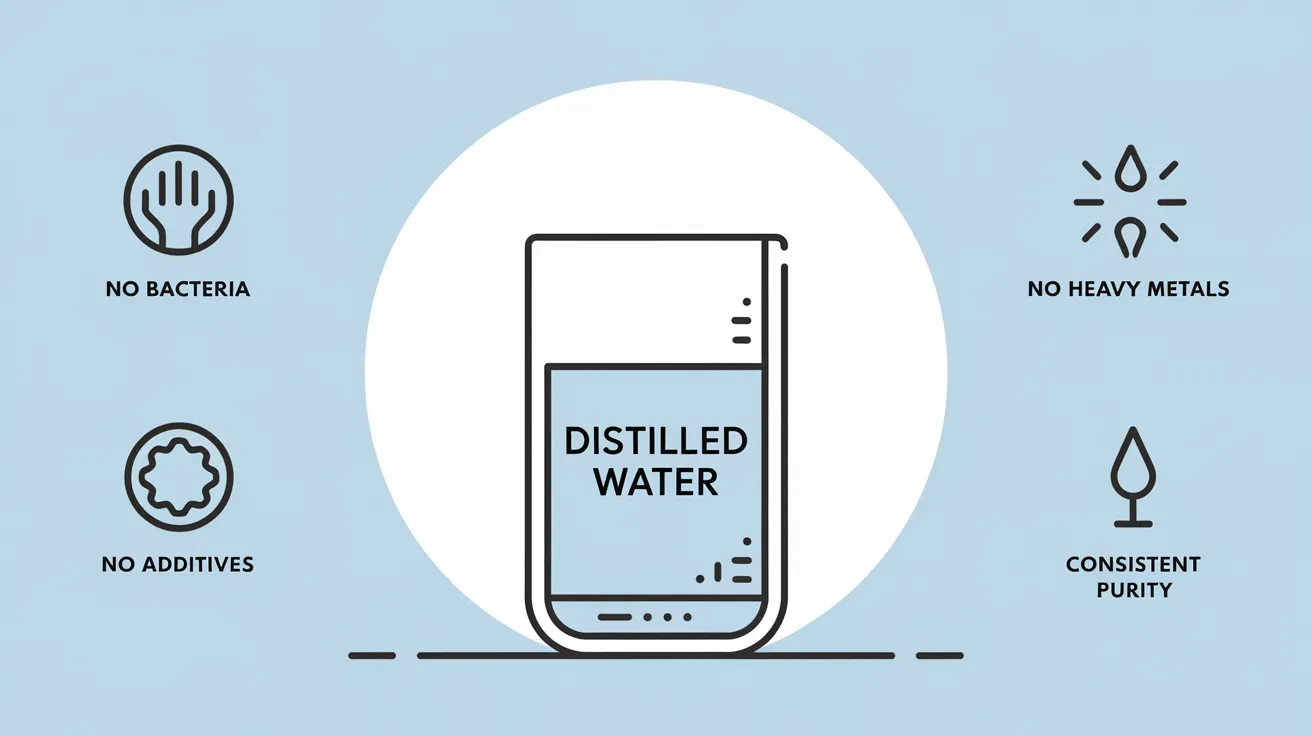
Distilled water represents one of the purest forms of water available for consumption and use. The distillation process involves boiling water into vapor and then condensing it back into liquid form, effectively leaving behind virtually all impurities.
This meticulous purification method eliminates microorganisms such as bacteria and viruses that might be present in regular water sources.
Additionally, the process removes heavy metals like lead, mercury, and copper that can accumulate in water systems and potentially cause health concerns with long-term exposure.
Purity
Distilled water is one of the purest forms of water available thanks to its rigorous purification process. During distillation, water is heated until it converts to steam, leaving behind contaminants with higher boiling points.
This process effectively eliminates harmful microorganisms like bacteria and viruses that might be present in untreated water sources.
Beyond biological contaminants, distillation removes heavy metals such as lead, mercury, and arsenic that can accumulate in water supplies through natural geological processes or industrial pollution.
Consistency
One of the most significant advantages of distilled water is its remarkable consistency regardless of where or when it’s produced.
Unlike tap water, which can vary dramatically in composition depending on geographic location, source water quality, and local treatment practices, distilled water maintains uniform properties worldwide.
No Additives
Distilled water stands apart from municipal water supplies in that it contains no added chemicals commonly used in public water treatment. It lacks chlorine and chloramines; disinfectants are routinely added to prevent microbial growth during water distribution that can impart distinctive tastes and odors.
The absence of fluoride, which is added to many public water supplies for dental health benefits, makes distilled water appealing to those who prefer to avoid this additive for personal or health reasons.
When and How to Introduce Water to Your Baby?
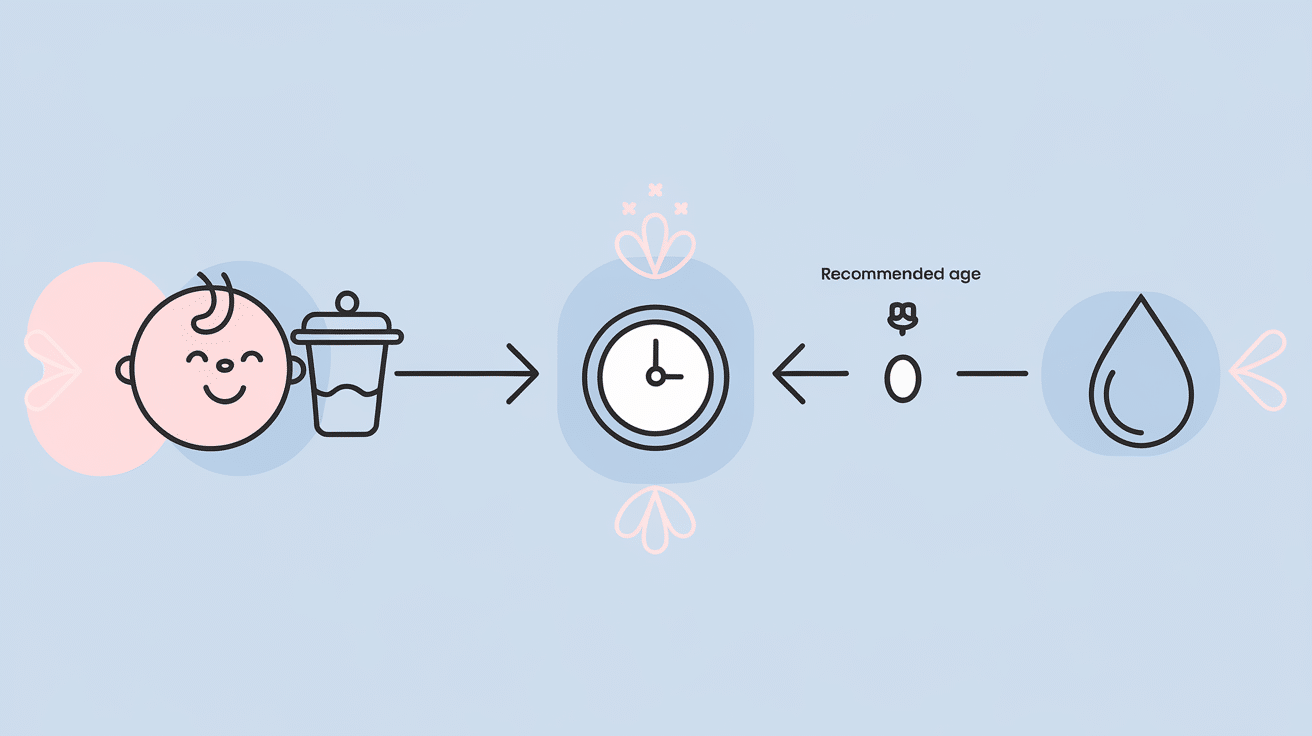
Recommended Age to Start Drinking Water
The AAP(American Academy of Pediatrics) recommends:
- Under 6 months: Babies typically don’t need additional water; breast milk or formula provides sufficient hydration
- 6-12 months: Small amounts of water (4-8 ounces daily) can be introduced alongside solid foods
- 12+ months: Water becomes increasingly important as the diet diversifies
Appropriate Quantities and Methods
When introducing water:
- Start with small sips from a cup during meals
- Use a sippy cup with a soft spout or straw for easy transition
- Avoid replacing nutritive feedings with water
- Monitor for proper hydration (6-8 wet diapers daily)
Distilled Water vs. Other Types of Water
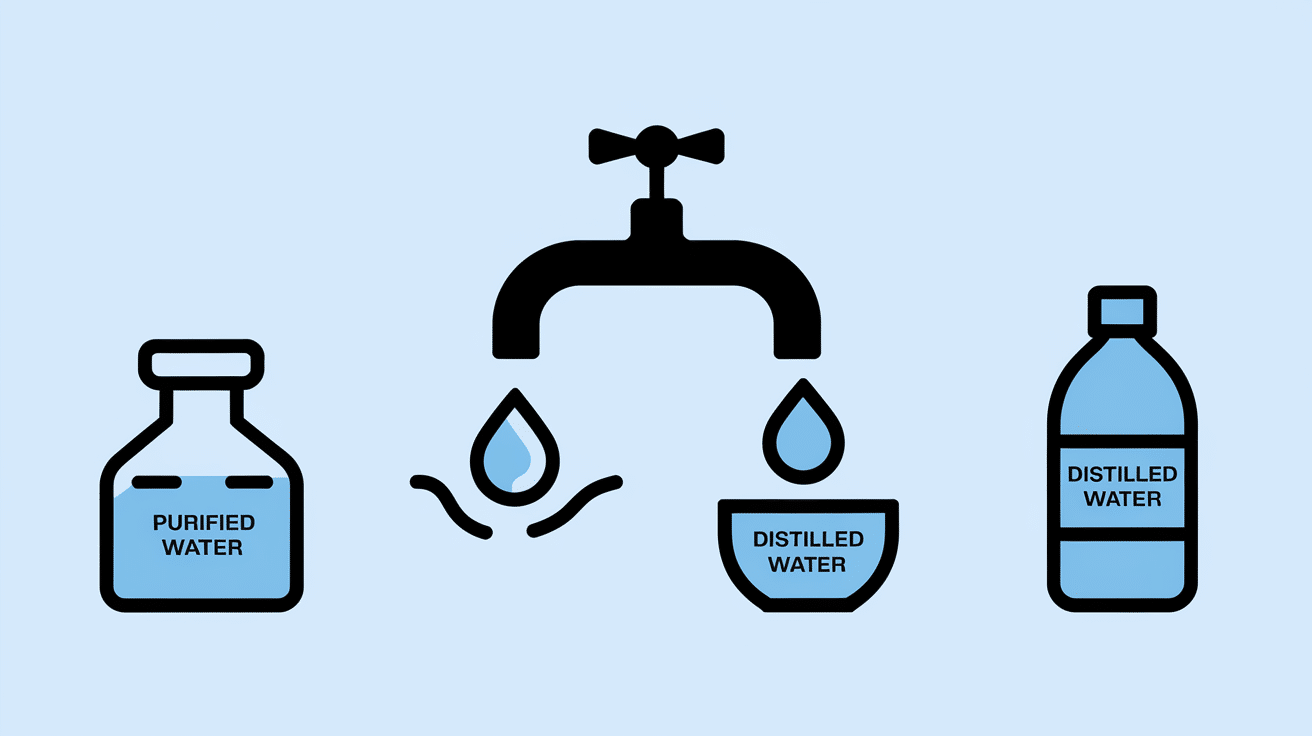
Distilled Water vs. Purified Water
| ASPECT | DISTILLED WATER | PURIFIED WATER |
|---|---|---|
| Mineral Content | Nearly zero minerals, offering a very consistent composition. | It may retain trace amounts of minerals, which can enhance taste and nutritional value. |
| Taste | Often described as flat or bland due to the absence of minerals. | Typically has a more natural taste, similar to treated tap water. |
| Usage for Babies | Care must be taken to ensure infants receive the necessary minerals from formula or supplements. | It’s important to monitor mineral levels, especially fluoride, to avoid potential issues. |
| Advantages | Provides highly consistent purity, ensuring predictable formula composition. | Economical and versatile, with some systems allowing control over mineral levels. |
Tap Water and Other Alternatives
Tap water safety varies significantly by location. In many developed countries, municipal water is treated to meet safety standards but may contain:
- Fluoride (added for dental health)
- Chlorine (for disinfection)
- Trace minerals (depending on your local water source)
Spring water contains natural minerals but may not be sterile enough for young infants unless boiled first. Bottled water quality and mineral content vary widely between brands.
Safety Considerations for Babies
It’s important to maintain safety considerations for babies because their developing bodies are more vulnerable to imbalances. Infants have immature kidneys and delicate electrolyte systems that can be disrupted by mineral-free water like distilled water.
Proper hydration choices directly impact a baby’s growth, neurological development, and overall health. What’s safe for adults can potentially cause serious harm to infants, including water intoxication and nutritional deficiencies.
Is Distilled Water Safe for Babies?
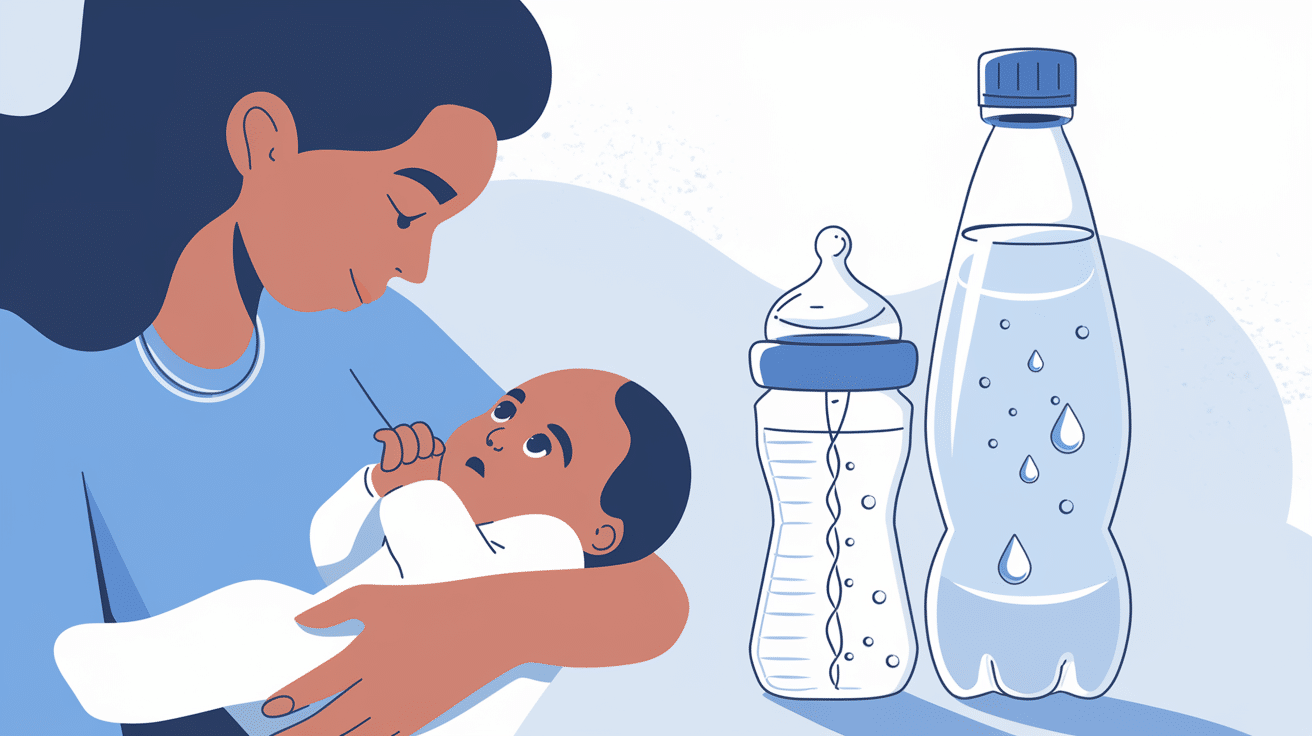
According to the American Academy of Pediatrics (AAP), distilled water is safe for babies when used appropriately.
It’s particularly recommended for mixing infant formula because its purity helps maintain the precise nutrient balance formula manufacturers intend.
Pediatricians often recommend distilled or purified water for formula preparation, especially for newborns with developing immune systems.
Potential Risks When Using Distilled Water
While generally safe, parents should be aware of these considerations:
Water intoxication: Giving too much water of any type can dilute sodium levels in a baby’s bloodstream, potentially causing seizures or other complications
Mineral deficiency: Exclusive long-term consumption of distilled water could theoretically contribute to mineral imbalances, though this is rarely an issue for babies getting nutrition from breast milk or formula
Lack of fluoride: Babies consuming exclusively distilled water miss the dental benefits of fluoridation, though this is usually not a concern until teeth begin to emerge
Fluorosis Prevention
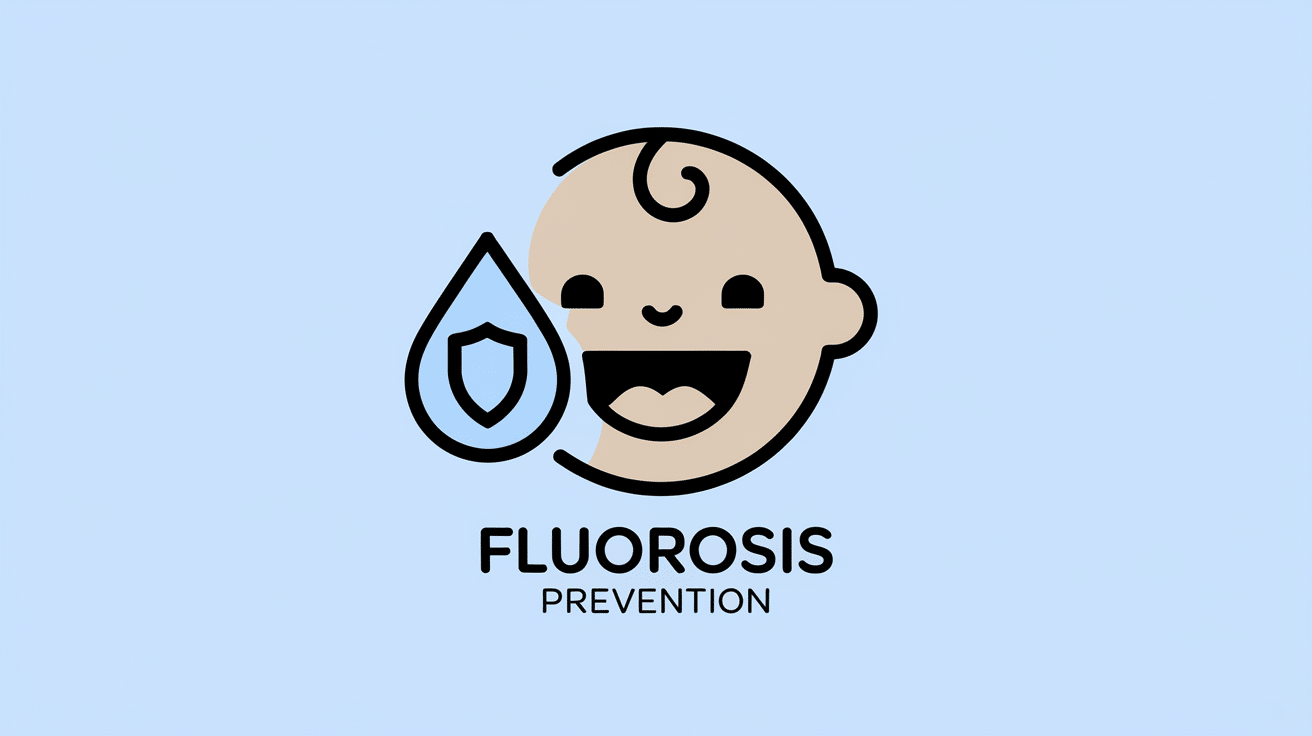
Distilled water helps prevent fluorosis, a cosmetic condition affecting teeth caused by excessive fluoride exposure during tooth development, for formula-fed babies.
In areas with highly fluoridated water, using distilled water for formula can reduce this risk.
Using Distilled Water in Baby Formula
Distilled water can be used to prepare baby formula as it’s free from contaminants. However, it lacks minerals that may benefit infant development. Always consult your pediatrician before choosing distilled water for formula preparation.
Why Use Distilled Water for Formula?
Infant formulas are engineered with precise nutritional profiles. Using distilled water ensures that no extra minerals interfere with this balance, minimizes the risk of contaminants affecting your baby’s development, and guarantees consistent formula preparation regardless of local water quality.
Best Practices for Mixing Formula
For optimal safety:
- Always follow the manufacturer’s instructions for powder-to-water ratio
- Use room temperature water (approximately 70°F) unless directed otherwise
- Mix thoroughly to dissolve all powder
- Prepare only what your baby will consume within 24 hours
- Refrigerate the prepared formula and use it within the recommended timeframe
Ensuring Water Safety at Home
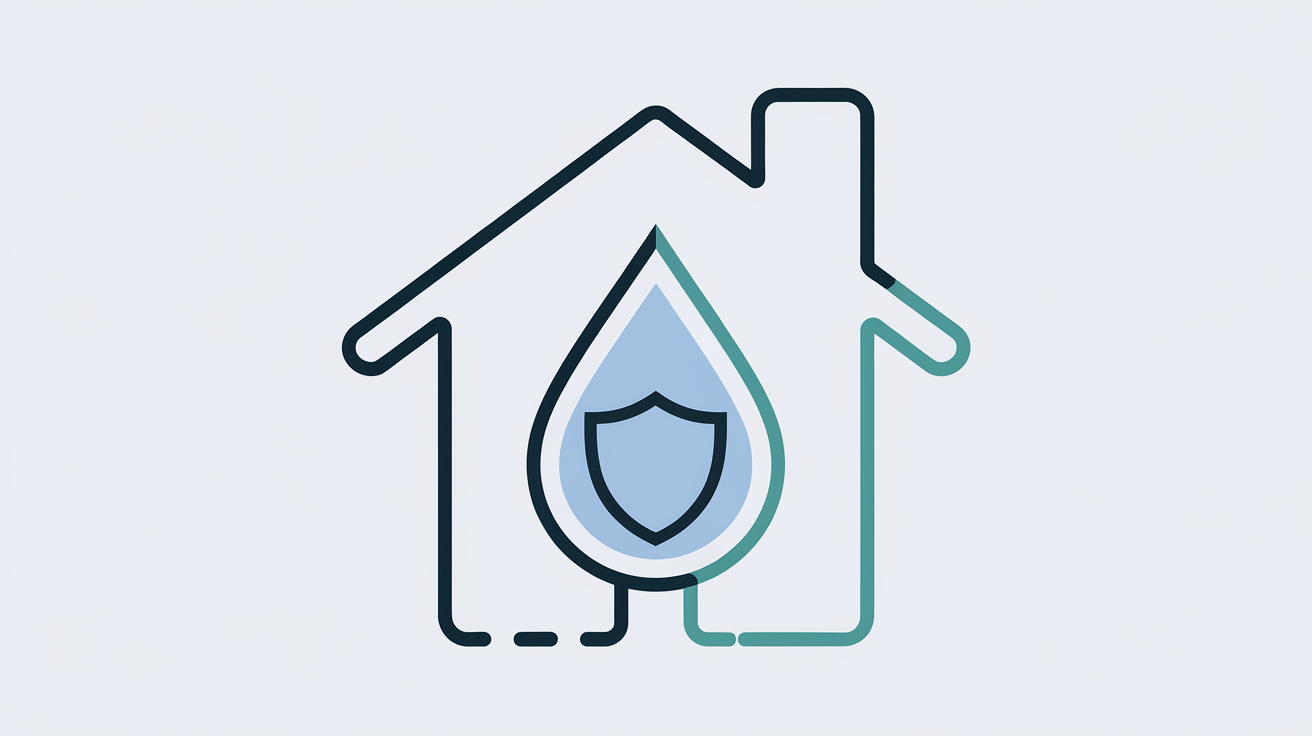
When considering water safety for infant formula preparation, you have several reliable options. Commercially distilled water provides a convenient solution, readily available in the infant section of most grocery stores for immediate use.
Home distillation systems offer an ongoing supply of purified water and come in various sizes, from compact countertop units to more substantial installations that can serve your entire household.
Reverse osmosis systems present an effective alternative to distillation, efficiently removing most contaminants while sometimes retaining beneficial minerals.
For those seeking maximum convenience, specialized water delivery services focus specifically on providing infant-safe water delivered directly to your doorstep, eliminating the need for in-home purification equipment.
Home Water Safety Tips
If using tap water:
- Have your water tested annually for contaminants
- Use cold water for preparation (hot water may contain more dissolved metals from plumbing)
- Let tap water run for 1-2 minutes before collection to flush stagnant water
- Consider dedicated water filters certified for lead reduction
Final Thoughts
Distilled water offers a safe, pure option for preparing infant formula and introducing water to your baby. Its lack of contaminants and consistent quality make it a practical choice for many parents, especially when local water quality is questionable.
Remember that the timing and amount of water introduction matter as much as the type of water you choose.
While distilled water is generally recommended for formula preparation, healthy babies over six months can safely consume various kinds of clean, properly prepared water.
Always consult your pediatrician about the best water choices for your baby’s specific needs, especially if you have concerns about local water quality or your baby has special health considerations.
What has your experience been with different types of water for your baby? Share your thoughts or questions in the comments below!


